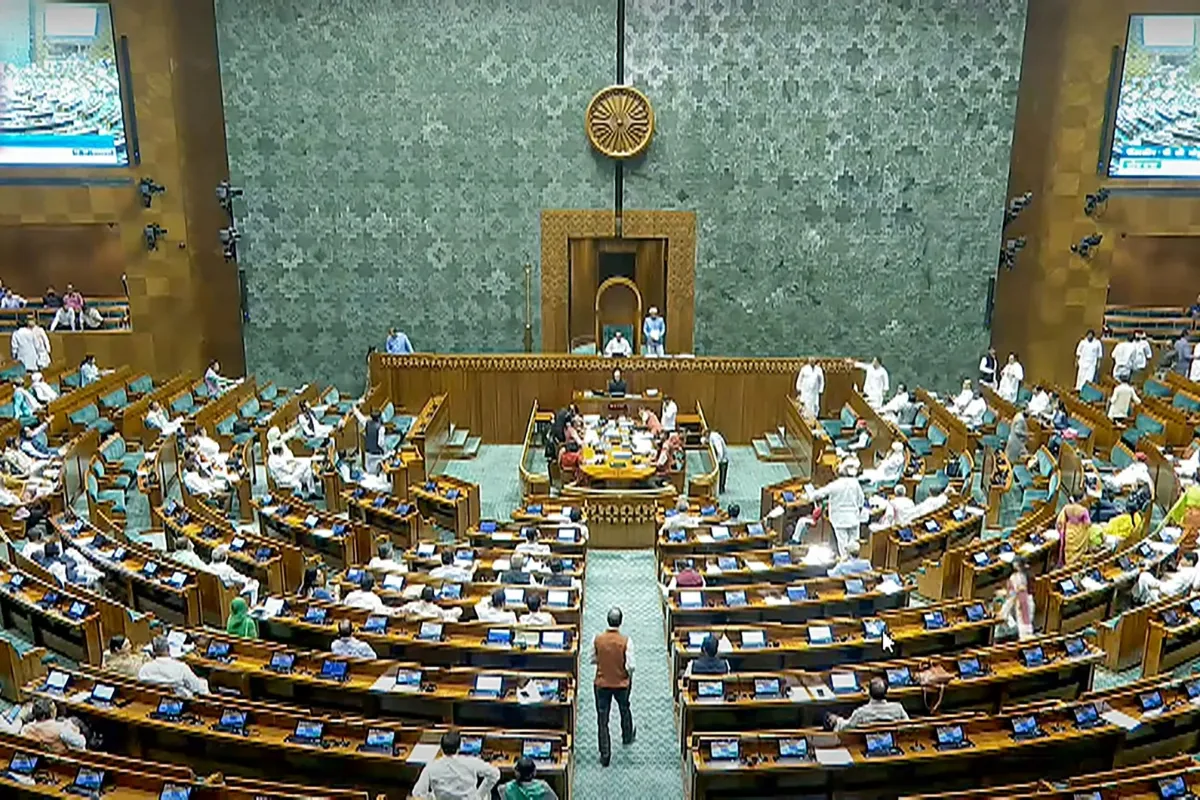Stay updated on the proposed Parliament ban on online gambling apps, legal debates, and its impact on users and industry, with BIGSTORY Network’s detailed coverage.
 Manish Saini
Manish Saini

In recent years, India has seen a sharp rise in online gambling and betting apps. With high internet penetration and millions of smartphone users, platforms offering real money poker, rummy, fantasy sports, and betting have grown rapidly. However, concerns about addiction, financial loss, and legal ambiguity have sparked nationwide debates.
Now, a proposed ban on online gambling apps in the Indian Parliament has brought the issue to the forefront. This proposal could reshape how India regulates digital entertainment, putting consumer protection against industry freedom at the center of discussion. BIGSTORY Network follows this crucial development with detailed updates.
The move to ban online gambling apps stems from several concerns:
Lawmakers behind the proposal argue that without strong measures, young people are at risk of exploitation.
During the Parliament discussion, the proposal includes:
The proposal does not directly mention “fantasy sports platforms” like Dream11 or MPL, but debates are ongoing about whether such apps fall under the gambling category or skill-based gaming.
Supporters of the proposed ban list several strong arguments:
On the other hand, critics argue a ban may not solve the problem:
India’s Parliament now faces the challenge of choosing between prohibition or setting up a strong regulatory model like the UK.
If the bill passes, it will bring sweeping changes:
One of the core challenges is India’s federal structure. Gambling is a state subject, meaning individual states can regulate or ban it as they choose. Several states like Andhra Pradesh and Telangana have already banned online gambling apps, while others like Sikkim permit regulated online casinos.
The proposed Parliament ban seeks to establish a uniform central law, which may spark constitutional questions about state rights. Legal experts predict prolonged debates and judicial scrutiny if a nationwide law is enforced.
Some online gaming companies have expressed concerns, suggesting:
Meanwhile, several social organizations and NGOs have welcomed the ban, citing stories of families devastated by gambling losses.
The Parliament debate is ongoing, and the proposed ban may undergo several refinements before becoming law:
Whatever the outcome, the decision will mark a key turning point for India’s digital landscape.
The debate over the ban on online gambling apps proposed in Parliament highlights a pressing dilemma: protecting citizens, especially youth, while also safeguarding innovation and economic opportunities in India’s growing digital economy.
As discussions progress, BIGSTORY Network will provide regular updates on the bill, parliamentary debates, legal challenges, and public responses. This issue is more than just about games—it’s about social responsibility, legal integrity, and the future of digital India.






Sign up for the Daily newsletter to get your biggest stories, handpicked for you each day.
 Trending Now! in last 24hrs
Trending Now! in last 24hrs